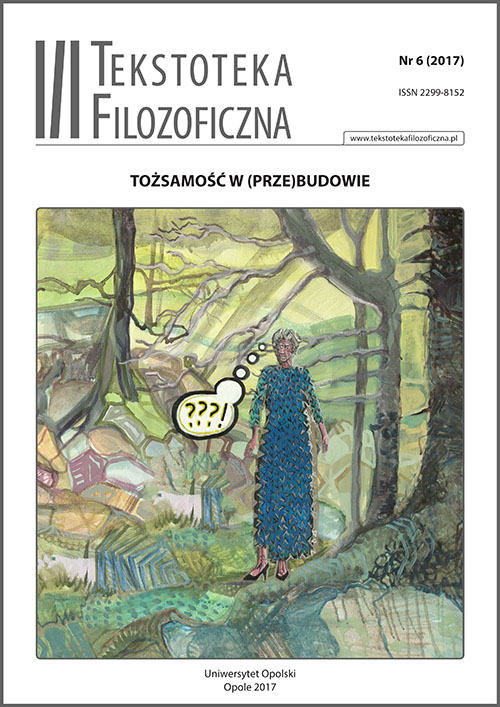Przełamanie transcendentalnej świadomości w fenomenologii hermeneutycznej Martina Heideggera
The overcoming of transcendental consciousness in hermeneutic Martin Heidegger’s
Author(s): Karol MichalskiSubject(s): Philosophy, Philosophical Traditions, Special Branches of Philosophy
Published by: Uniwersytet Opolski
Keywords: Heidegge; Husserl; phenomenology; hermeneutic; hermeneutic phenomenology; thinking of being
Summary/Abstract: Since the beginning of his philosophical studies, Martin Heidegger is under the influence of Edmund Husserl’s phenomenology, however he considers the transcendental phenomenology critically. Heidegger overcomes it by the hermeneutic phenomenology, where the transcendental consciousness is replaced by the concept of factical life or existence (Dasein). The phenomenological seeing is supplemented by the hermeneutic understanding. Phenomenology understood as the encountering of appearing phenomena, and as the return to the things themselves, always remains on Heidegger’s path, in all his philosophical investigations, also in his thinking as event-thinking. The method remains the same, and only the thing of thought changes. As a method, phenomenology always plays a subordinate role to the object of thinking
Journal: Tekstoteka Filozoficzna
- Issue Year: 2017
- Issue No: 6
- Page Range: 73-79
- Page Count: 7
- Language: Polish

